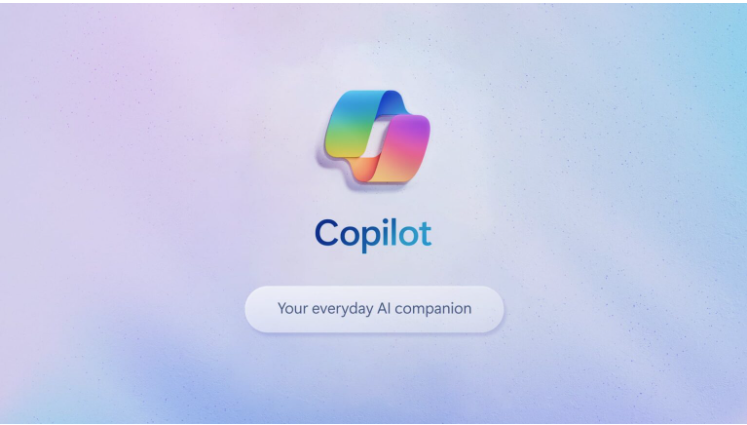Microsoft Copilot, a revolutionary app that uses artificial intelligence to assist programmers in writing code, has been launched for iPhone and iPad users.
The app, which was previously available only for desktop and web platforms, is powered by the latest OpenAI models, GPT-4 and DALL·E 3, which provide fast, complex, and precise responses, as well as the ability to create breathtaking visuals from simple text descriptions.
In this news analysis, I will examine the potential benefits and challenges of using Microsoft Copilot for mobile development, as well as the ethical and social implications of relying on artificial intelligence for coding.
One of the main benefits of using Microsoft Copilot for mobile development is that it can save time and effort for programmers, especially beginners and hobbyists, who want to create apps for iOS devices. Microsoft Copilot can generate code snippets, suggestions, and solutions based on natural language queries, such as “create a button that plays a sound when clicked” or “show a list of contacts from the phone”.
The app can also learn from the user’s previous code and preferences, and adapt to different programming languages and frameworks, such as Swift, Objective-C, React Native, and Flutter. Moreover, the app can leverage the power of DALL·E 3, a neural network that can create images from text, to help programmers design user interfaces, icons, logos, and animations for their apps.
read more:
- The story of the world’s fastest spy plane: SR-71 Blackbird
- What will phones look like in the future? Introducing the iPhone 150!
However, using Microsoft Copilot for mobile development also poses some challenges and risks, such as quality, security, and legal issues. For instance, the app may not always generate accurate, reliable, or optimal code, and may require human supervision and debugging.
The app may also introduce vulnerabilities or errors that could compromise the functionality or security of the apps, or expose sensitive data or information. Furthermore, the app may raise legal questions about the ownership, licensing, and liability of the code generated by artificial intelligence, and whether it infringes on the intellectual property rights of other programmers or organizations.
Another important aspect of using Microsoft Copilot for mobile development is the ethical and social impact of relying on artificial intelligence for coding. On one hand, the app could democratize and diversify the field of mobile development, by enabling more people, especially those from underrepresented or marginalized groups, to learn, create, and share their own apps, without requiring extensive coding skills or resources.
The app could also foster creativity, innovation, and collaboration among programmers, by allowing them to explore new possibilities, ideas, and solutions for their apps. On the other hand, the app could also undermine the human agency, autonomy, and responsibility of programmers, by making them dependent on or influenced by the artificial intelligence, which may have hidden biases, agendas, or values. The app could also threaten the professional identity, status, and livelihood of programmers, by replacing or reducing their role or contribution in the mobile development process.
In conclusion, the launch of Microsoft Copilot for iPhone and iPad users is a significant milestone for the field of mobile development, as it offers a new and powerful tool that uses artificial intelligence to assist programmers in writing code.
However, the app also presents some benefits and challenges, as well as ethical and social implications, that need to be carefully considered and addressed by the programmers, the users, the developers, and the society.
As Microsoft Copilot becomes more widely available and accessible, it is crucial to ensure that it is used in a responsible, ethical, and beneficial way, that respects the human dignity, rights, and interests of all stakeholders involved.



